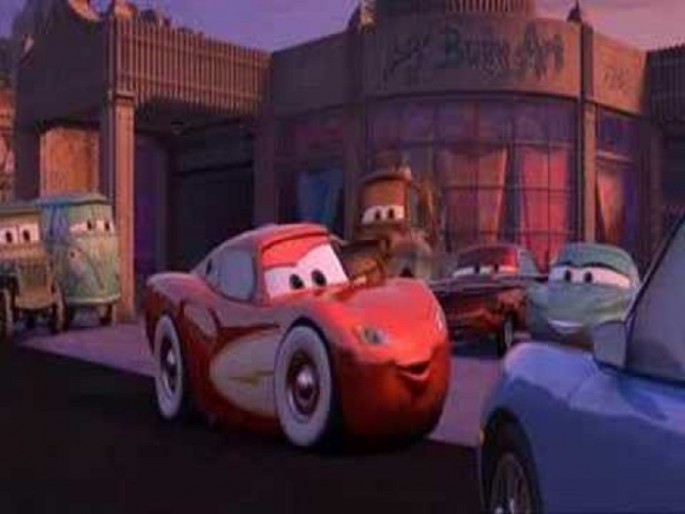Two Chinese companies will be paying up Disney and Pixar after losing a copyright infringement case in a Shanghai court.
Bluemtv and G-Point were ordered to pay Disney 1.35 million yuan ($194,440) in economic losses after the court found out that its local animated film "The Autobots" infringed on the copyright of Disney's hit franchise film, "Cars."
The two companies will also have to pay 350,000 yuan in legal fees, said Xinhua News Agency.
Disney and Pixar sued the Chinese producer and distributor last year, saying that the posters, titles and characters from "The Autobots" were largely similar to those from "Cars."
This is not the first time that Chinese production companies have been accused of copyright violations. A number of local studios have been blamed for copying some Japanese cartoons. In 2011, Chinese anime "Train Hero" was hit by "suspected plagiarism" as it bore a strong semblance of Japan's "Hikarian," reported BBC.
Chinese cartoon show "Big Mouth Dodo" was likewise accused of copying Japanese anime "Crayon Shin-chan."
The case is a huge win for Disney, which have been boosting its presence in China after unveiling the $5.5 billion Disneyland theme park in Shanghai last year. Its animated films "Big Hero 6" and "Zootopia" were also huge hits in the country, which is said to be the world's second-largest entertainment market.
However, not all foreign companies are lucky enough like Disney to have won an infringement case in China. Tech giant Apple's bittersweet relationship with the country has been embroiled with a number of lawsuits, most of which involve various copyright cases.
Last June, a Chinese court ruled that the iPhone 6 and 6 Plus were copycats of a local handset, the 100C, which was manufactured by a company called Shenzhen Baily.
The Cupertino, California-based company also suffered a trademark loss over the "iPhone" brand name. Xintong Tiandi, a Chinese maker of leather goods, claimed to have trademarked the said name in 2010.



























